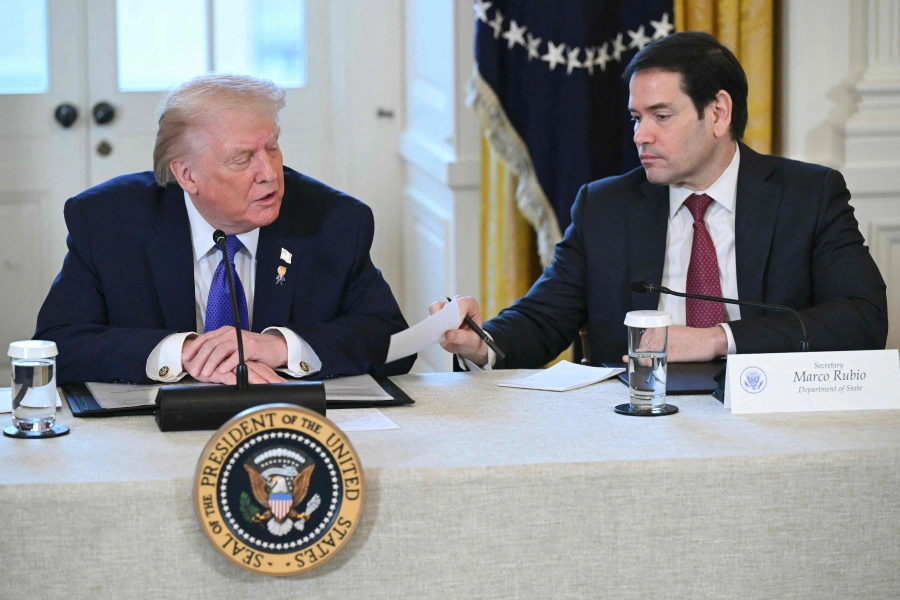Local representatives to have unprecedented powers
KATHMANDU, May 12: Mayors or chiefs of the local units to be elected in the May 14 local polls should present the fiscal year budget for their respective units within two months of assuming office.
The Local Level Governance Provisions bill registered by the government in parliament has proposed that municipal or village assemblies should endorse their budgets within 15 days for submission to the respective executive bodies for implementation.
The new constitution has given local units powers to determine and collect local taxes and plan and implement road, irrigation and other social security projects, using their own resources.
Section 57 of the bill states that mayors or chiefs of the local units should present the fiscal year budget by Asar (mid-July). However, for this first time, the newly-elected representatives can present the budget within two months. The executive officers of the local units will entrust local mechanisms with the responsibility of using the budgets.
Every local unit will have a reserve fund with inputs from local taxes and revenue, government grants, provincial budgets, donor funds and other sources. Any amount not spent under the alloted head will be transferred to the reserve fund.
Each local unit must have their finances audited by the auditor general. The new bill has been drafted in a bid to devolve unprecedented levels of power to the local units as envisioned in the new constitution.
NC begins interaction with mayors, deputy mayors on local-level...

Powers of local units
The bill has set out the constitutional powers of the local units in detail. According to the bill, local units should formulate local laws before forming and mobilizing municipal police. Such police can be used for implementation of local rules, the security of property owned by the local units, management of public functions and festivals, disaster management and other tasks.
Also proposed for the local units are powers to issue licenses for FM radio of up to 100 watts, impose tax for trekking, collect land revenue, plan and implement local level development projects, operate their own school level education programs, build local roads and irrigation projects and regulate local transport and rail services, manage local markets and issue land ownership certificates.
Judicial powers
Article 217 of the new constitution has proposed semi-judicial powers for the local units for settling various local disputes. For this purpose a judicial committee will be formed under the leadership of the deputy mayor or deputy chief of the local unit. Local units can settle cases related to dams, canals and roads, disputes related to remuneration, sharing of family property, water resources use, rent and other matters, according to a provision of the bill.
Boundary and center
The government can revise the boundaries of local units in consultation with the provincial government, according to the bill. However such revisions should be done at least a year prior to local level polls.
The local units can change their headquarters through a two-thirds majority of the municipal or village assembly, and the government must approve the decision. However, such units can change their centers with a simple majority for the first time.






































